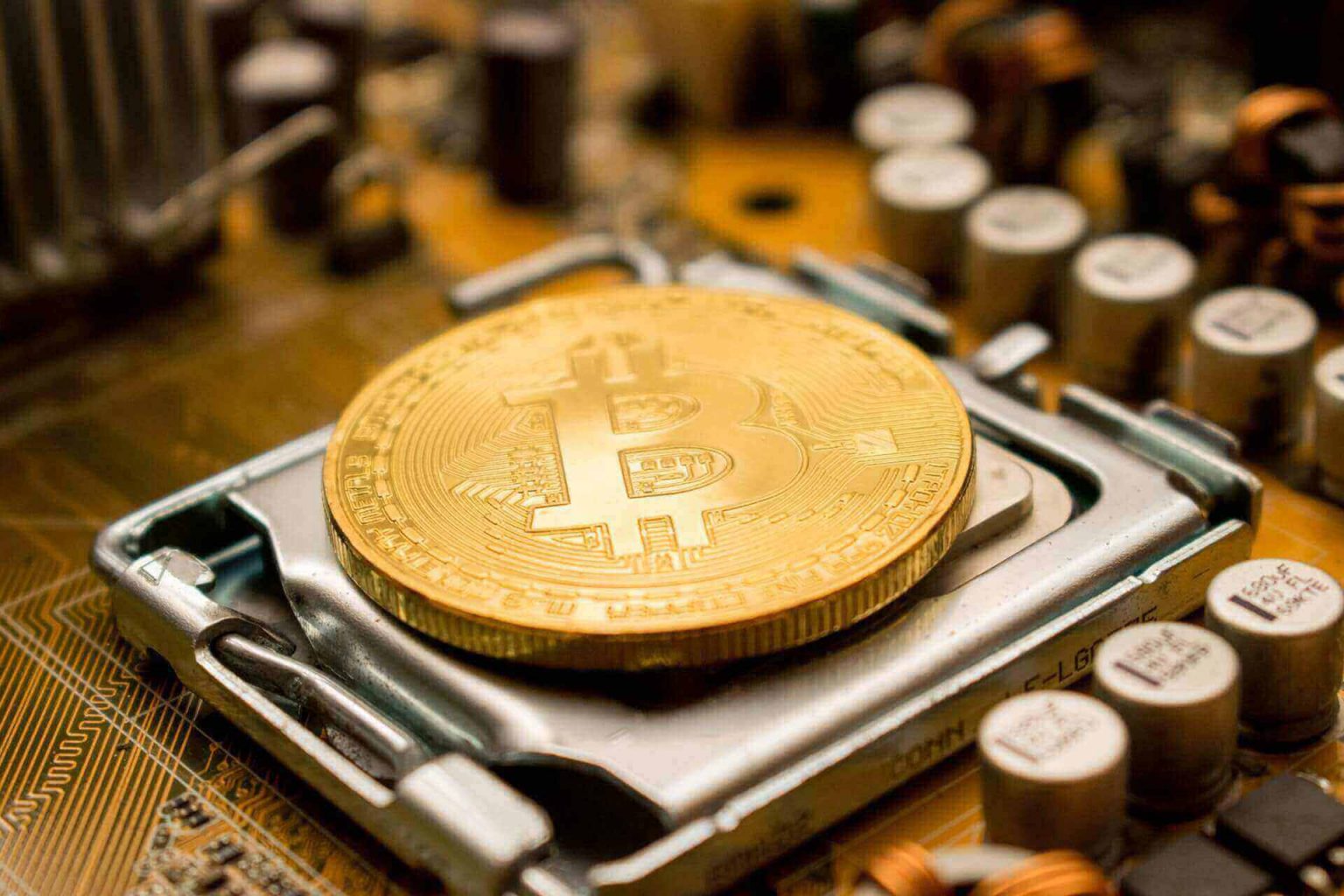Obtaining Bitcoins: A Comprehensive Guide to Acquiring Cryptos Golden Currency
In the realm of digital finance, obtaining bitcoins has emerged as a captivating pursuit, unlocking a world of possibilities. From mining to exchanges and peer-to-peer platforms, this guide delves into the intricacies of acquiring this enigmatic cryptocurrency, empowering you to navigate the bitcoin landscape with confidence.
Methods of Obtaining Bitcoins

There are several ways to obtain bitcoins, each with its own advantages and disadvantages. The most common methods include mining, exchanges, and peer-to-peer platforms.
Mining
Bitcoin mining is the process of verifying and adding transactions to the Bitcoin blockchain. Miners use specialized computers to solve complex mathematical problems, and are rewarded with bitcoins for their efforts. Mining is a competitive and energy-intensive process, but it is also one of the most secure ways to obtain bitcoins.
Exchanges
Bitcoin exchanges are online platforms that allow users to buy and sell bitcoins using fiat currencies or other cryptocurrencies. Exchanges are a convenient way to obtain bitcoins, but they can also be expensive, as they charge fees for their services.
Peer-to-Peer Platforms
Peer-to-peer platforms allow users to buy and sell bitcoins directly with each other, without the need for an intermediary. This can be a more cost-effective way to obtain bitcoins, but it can also be more risky, as there is no guarantee that the other party will complete the transaction.
| Method | Pros | Cons |
|---|---|---|
| Mining | Secure, decentralized | Competitive, energy-intensive |
| Exchanges | Convenient, secure | Expensive |
| Peer-to-Peer Platforms | Cost-effective | Risky |
Cryptocurrency Exchanges

Cryptocurrency exchanges serve as platforms for individuals to buy, sell, and trade bitcoins and other cryptocurrencies. These exchanges provide a secure and regulated environment for transactions, ensuring the authenticity and integrity of the process.
To assist in your decision-making, we have compiled a table that compares the features, fees, and security measures of different reputable cryptocurrency exchanges. This information will help you select the exchange that best aligns with your needs and preferences.
Exchange Comparison
| Exchange | Features | Fees | Security Measures |
|---|---|---|---|
| Binance | Wide selection of cryptocurrencies, advanced trading tools, mobile app | 0.1% trading fee | Two-factor authentication, cold storage, insurance fund |
| Coinbase | User-friendly interface, high liquidity, fiat currency support | 1.49% trading fee | FDIC insurance for fiat currency balances, two-factor authentication |
| Kraken | High security standards, low trading fees, margin trading | 0.26% trading fee | Two-factor authentication, cold storage, regular security audits |
| Gemini | High security focus, regulated by the New York State Department of Financial Services | 0.5% trading fee | Two-factor authentication, cold storage, FDIC insurance for fiat currency balances |
Peer-to-Peer Platforms

Peer-to-peer (P2P) platforms connect buyers and sellers of bitcoins directly, eliminating the need for a centralized exchange. These platforms facilitate transactions between individuals, allowing for greater flexibility and privacy compared to traditional exchanges.
Advantages of Using Peer-to-Peer Platforms
- Flexibility:P2P platforms offer a wide range of payment options and transaction methods, catering to diverse user preferences.
- Privacy:Transactions are conducted directly between users, minimizing the risk of personal information exposure or surveillance.
- Lower Fees:P2P platforms typically charge lower fees than centralized exchanges, reducing transaction costs for users.
Disadvantages of Using Peer-to-Peer Platforms
- Security Risks:P2P platforms may be vulnerable to scams and fraud, as transactions are not regulated or insured.
- Transaction Delays:Transactions on P2P platforms can be slower compared to centralized exchanges, as they require direct communication and coordination between buyers and sellers.
- Limited Liquidity:P2P platforms may have lower liquidity than centralized exchanges, especially for large transactions or during periods of high volatility.
Bitcoin Mining
Bitcoin mining is the process of verifying and adding new blocks to the blockchain, the public ledger that records all bitcoin transactions. Miners use specialized computers to solve complex mathematical problems, and the first miner to solve a problem is rewarded with bitcoins.
To set up a bitcoin mining operation, you will need:
- A powerful computer with a graphics processing unit (GPU) or an application-specific integrated circuit (ASIC)
- Mining software
- A bitcoin wallet
- A stable internet connection
Once you have the necessary equipment, you can join a mining pool. Mining pools are groups of miners who combine their computing power to increase their chances of solving a block. When a pool solves a block, the reward is divided among the members of the pool based on their contribution.
Electricity Costs
One of the biggest costs associated with bitcoin mining is electricity. The amount of electricity used will vary depending on the type of mining equipment you use and the difficulty of the mining network. However, it is important to factor in the cost of electricity when calculating your profitability.
Profitability
The profitability of bitcoin mining depends on a number of factors, including the price of bitcoin, the difficulty of the mining network, and the cost of electricity. It is important to do your research and calculate your potential profitability before investing in mining equipment.
Bitcoin Wallets
Bitcoin wallets are digital storage devices that allow users to store, send, and receive bitcoins. They come in various forms, each with its own set of security features, ease of use, and storage capacity.
Types of Bitcoin Wallets
There are three main types of bitcoin wallets:
Hardware Wallets
Hardware wallets are physical devices that store bitcoins offline, making them highly secure. They are typically small, USB-like devices that connect to a computer or smartphone. Hardware wallets offer the highest level of security because they are not connected to the internet, making them immune to online hacking attempts.
Software Wallets
Software wallets are digital applications that store bitcoins on a computer or smartphone. They are less secure than hardware wallets because they are connected to the internet, but they are more convenient to use. Software wallets come in two main types: desktop wallets and mobile wallets.
Paper Wallets
Paper wallets are simply pieces of paper with a bitcoin address and private key printed on them. They are the least secure type of bitcoin wallet because they are vulnerable to theft, loss, and damage. However, paper wallets are also the most convenient to use, as they can be stored anywhere.
Regulatory Landscape: Obtaining Bitcoins
The regulatory landscape surrounding bitcoins varies widely across different jurisdictions. Some countries have adopted a relatively permissive approach, while others have taken a more cautious stance.
In the United States, bitcoins are considered a “virtual currency” by the Financial Crimes Enforcement Network (FinCEN) and are subject to anti-money laundering and counter-terrorism financing regulations. The Securities and Exchange Commission (SEC) has also taken enforcement actions against companies that have offered bitcoin-related investment products that are considered securities.
Legal Implications of Obtaining and Using Bitcoins
The legal implications of obtaining and using bitcoins also vary depending on the jurisdiction. In some countries, it is legal to buy, sell, and hold bitcoins. In other countries, it is illegal to engage in any bitcoin-related activities.
In the United States, it is legal to buy, sell, and hold bitcoins. However, it is important to note that bitcoins are not legal tender in the United States and are not backed by the government. This means that there is no guarantee that the value of bitcoins will remain stable or that they will be accepted as payment for goods and services.
Market Trends and Future Prospects

The bitcoin market has experienced significant fluctuations over the past decade, with periods of rapid growth followed by sharp corrections. Despite the volatility, the long-term trend has been upward, with bitcoin’s value increasing substantially since its inception.
Several factors are likely to influence the future of bitcoins, including regulatory developments, technological advancements, and the overall economic climate. If bitcoins become more widely accepted as a legitimate form of payment, their value could continue to rise. Additionally, if new technologies make bitcoins more accessible and easier to use, adoption could increase.
Factors Influencing Value and Adoption, Obtaining bitcoins
- Regulatory developments: Government regulations could have a significant impact on the value and adoption of bitcoins. If governments adopt supportive regulations, it could boost confidence in bitcoins and lead to increased investment.
- Technological advancements: New technologies could make bitcoins more accessible and easier to use. For example, the development of mobile wallets and point-of-sale systems could make it easier for people to use bitcoins for everyday transactions.
- Overall economic climate: The overall economic climate could also influence the value of bitcoins. If the economy is strong, people may be more likely to invest in risky assets like bitcoins. Conversely, if the economy is weak, people may be more likely to sell their bitcoins for cash.
Last Word

As the bitcoin revolution continues to unfold, understanding the methods of obtaining this digital asset becomes paramount. Whether you seek to invest, transact, or simply explore the world of cryptocurrency, this comprehensive guide provides the knowledge and insights you need to make informed decisions and embrace the future of digital currency.
Common Queries
Is bitcoin mining still profitable?
The profitability of bitcoin mining depends on various factors, including electricity costs, hardware efficiency, and the current price of bitcoin. While mining can be lucrative, it requires substantial investment and technical expertise.
What are the risks associated with obtaining bitcoins?
Obtaining bitcoins involves inherent risks, including price volatility, security breaches, and regulatory uncertainties. It’s crucial to research and understand these risks before investing in cryptocurrencies.
How can I store my bitcoins securely?
There are various types of bitcoin wallets available, including hardware wallets, software wallets, and paper wallets. Choosing a secure wallet that aligns with your needs and risk tolerance is essential for protecting your digital assets.